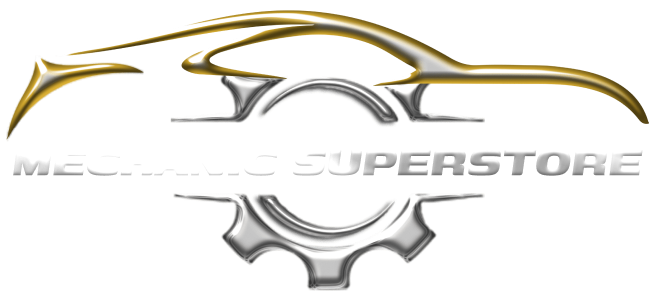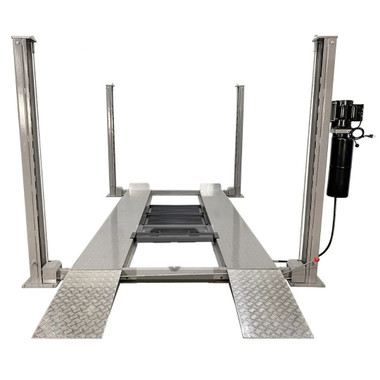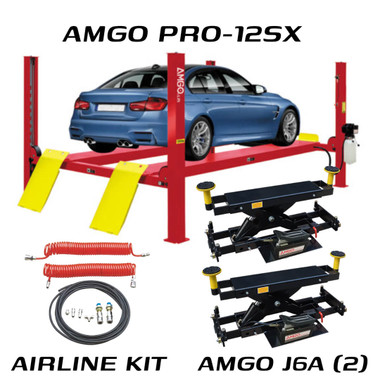Leasing vs. Buying: What’s the Best Option for Shop Equipment?
Estimated 0 min read
When it comes to outfitting your mechanic shop with the tools and equipment needed to deliver top-tier service, one critical decision you’ll face is whether to lease or buy. This choice impacts not just your current financial health but also your shop’s long-term growth and flexibility. In this article, we’ll explore the pros and cons of leasing and buying shop equipment, provide guidance on how to evaluate your financial situation, and help you make an informed decision.
The Pros and Cons of Buying Shop Equipment
Advantages of Buying Shop Equipment
Owning mechanic shop equipment can lead to significant long-term cost efficiency. Although purchasing requires a substantial initial investment, it eliminates the need for recurring payments once the equipment is fully paid off. For instance, owning a high-quality two-post car lift means you avoid ongoing leasing costs, which can save up to 15-25% compared to leasing over time.
Ownership adds value to your business. Equipment becomes an asset that can enhance your shop’s valuation if you decide to sell. There are no usage restrictions, giving you complete control over operation and maintenance. Additionally, the U.S. tax code allows for deductions on equipment purchases under Section 179, which can significantly offset upfront costs.
Disadvantages of Buying Shop Equipment
The biggest drawback is the high upfront cost. Large purchases can strain cash flow, especially for smaller or newer shops. Equipment also depreciates over time, losing value due to wear and technological advancements. As an owner, you’re responsible for all maintenance and repairs, which can become costly. Moreover, committing to purchased equipment limits flexibility in upgrading to newer models.
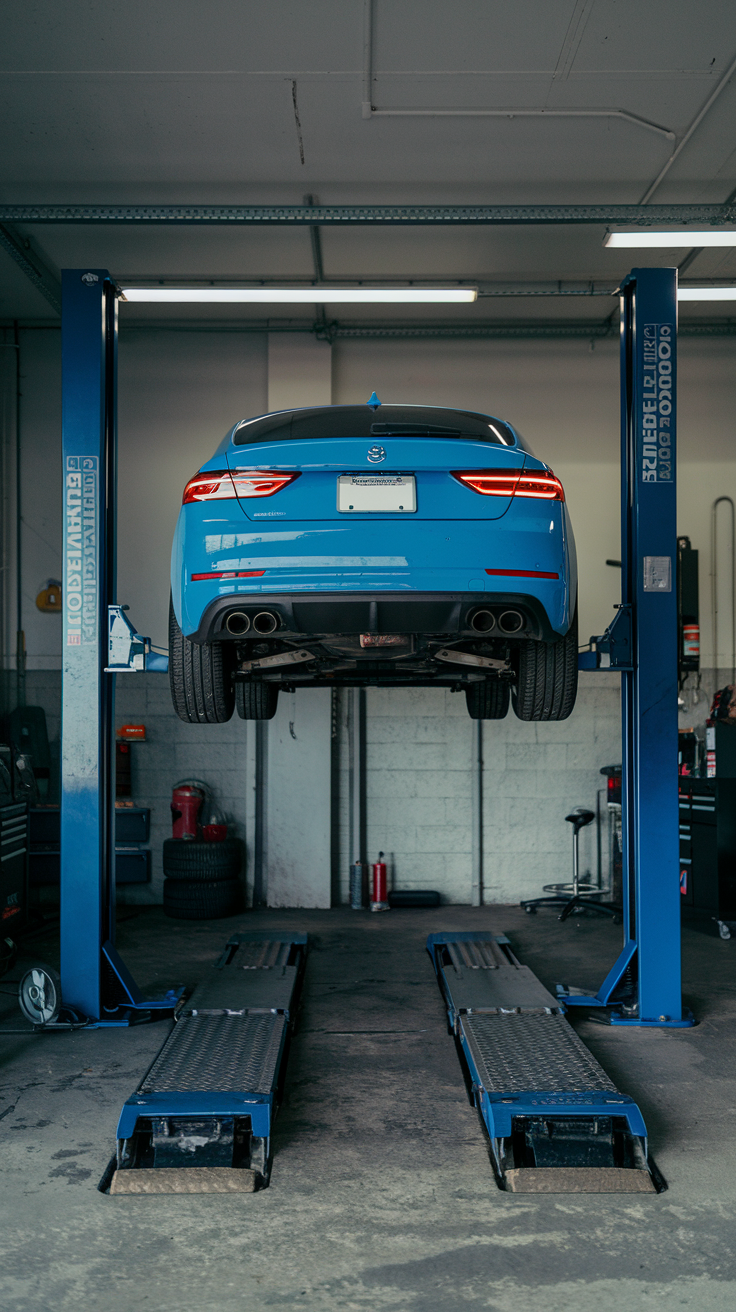
The Pros and Cons of Leasing Shop Equipment
Advantages of Leasing Shop Equipment
Leasing minimizes upfront costs, preserving cash flow for other operational needs. It allows access to the latest technology without a significant investment, which is particularly important for tools like diagnostic scanners and EV service equipment that evolve rapidly. Predictable monthly payments simplify budgeting, and some leasing agreements include maintenance, reducing unexpected expenses.
Leasing also offers flexibility. At the end of a lease, you can upgrade to newer models, ensuring your shop remains competitive. Lease payments can be deducted as business expenses, providing tax advantages, especially for shops with tight profit margins.
Disadvantages of Leasing Shop Equipment
Leasing can result in higher long-term costs. Over the span of a lease, you may pay more than the equipment’s purchase price. You also don’t build equity since the equipment doesn’t belong to you. Leasing agreements may impose usage restrictions or require specific maintenance protocols, and breaking a lease can lead to penalties.
When Leasing Makes Sense
Leasing is ideal for startups or businesses with limited cash flow. It’s also a smart choice for shops that need access to rapidly evolving technology, such as EV chargers or ADAS calibration tools. If your shop has short-term or temporary needs, leasing offers flexibility without committing to ownership. Additionally, leasing can be beneficial for tax purposes if expensing monthly payments is more advantageous than capitalizing a large purchase.
When Buying Makes Sense
Established shops with stable revenue often benefit more from purchasing. Owning essential, long-term use equipment like car lifts and air compressors provides consistent value without ongoing costs. Buying is also advantageous for tools with high utilization rates since leasing fees can add up quickly. If your shop has strong cash reserves or access to low-interest financing, purchasing is a strategic investment, especially with tax deductions under Section 179.
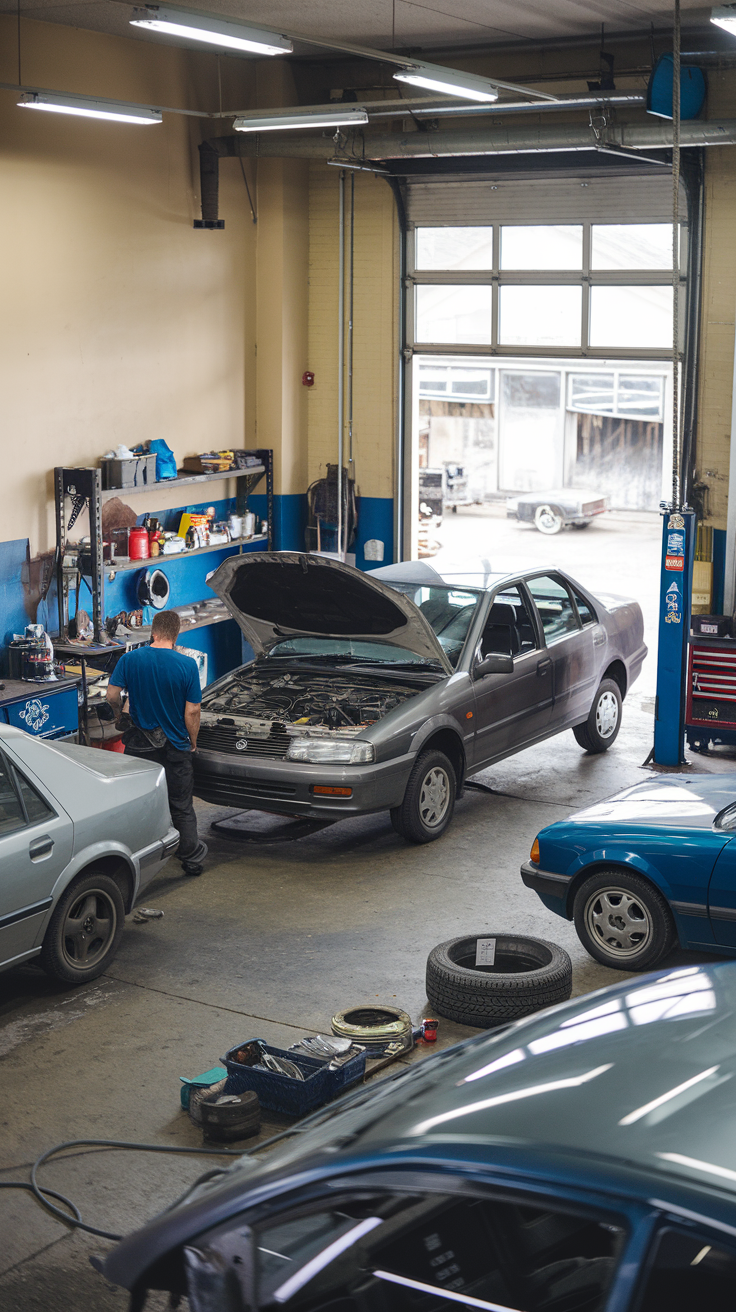
How to Evaluate Your Financial Situation
Evaluate your cash flow to determine whether your shop can handle a large upfront investment. Calculate the total cost of ownership compared to leasing, factoring in maintenance and depreciation. Consider how frequently you’ll use the equipment; high-use items are often better purchased. Consult with a tax advisor to understand the implications of leasing versus buying, and assess your shop’s future needs to determine whether flexibility or long-term savings is more important.
The decision to lease or buy shop equipment depends on your shop’s financial situation, business goals, and operational needs. A hybrid approach—buying essential equipment and leasing specialized tools—often provides the best balance. By carefully considering the pros and cons, you can make an informed choice that supports both your immediate and long-term success
